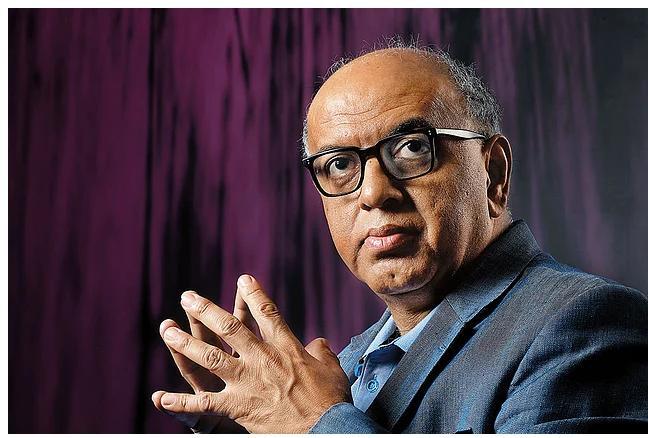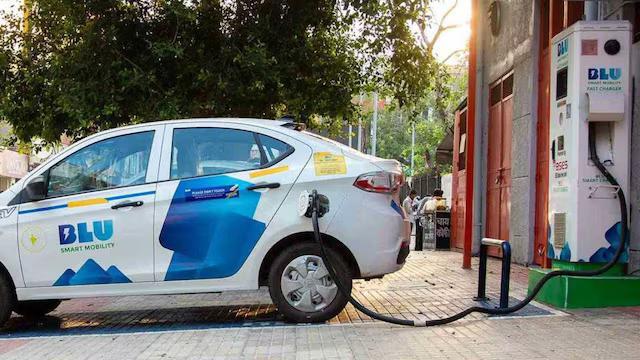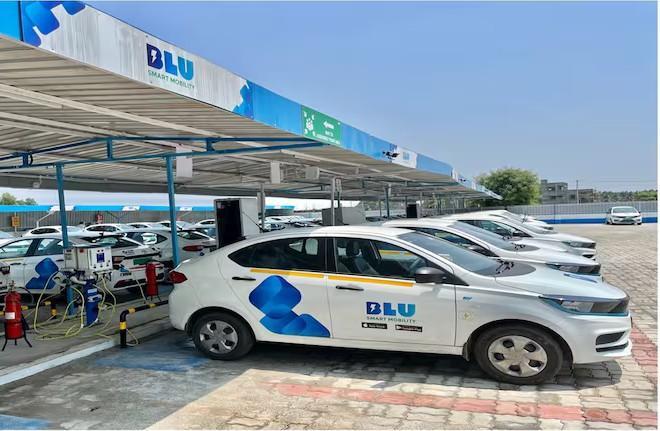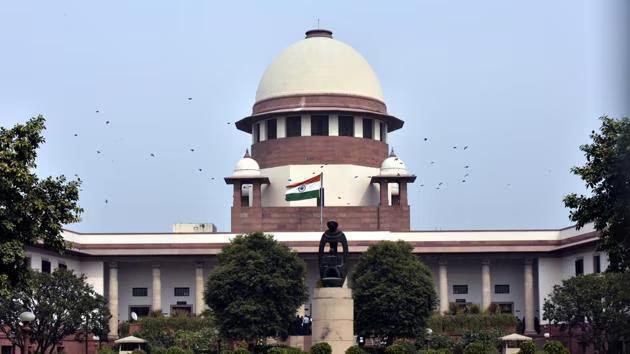
Tragic Setback for Investors: Bikhchandani on BluSmart Crisis
The recent suspension of operations by ride-hailing startup BluSmart has sent shockwaves through the startup ecosystem, with many investors left reeling from the unexpected turn of events. The crisis has sparked a wave of concern and introspection, with experts and entrepreneurs alike struggling to make sense of what went wrong.
One of the most prominent voices to weigh in on the crisis is Sanjeev Bikhchandani, the founder of Info Edge, the parent company of popular job search portal Naukri.com. In an interview with The Print, Bikhchandani expressed his disappointment and surprise at BluSmart’s collapse, describing it as a “tragic setback for the investors”.
“I am disappointed because the cab services were really good,” Bikhchandani said, reflecting on his own experience as a customer of BluSmart. “As a customer, I was quite satisfied with the service. So, it’s a tragedy that it didn’t work out.”
Bikhchandani’s comments are all the more significant given his deep understanding of the startup ecosystem and his own experience building and scaling successful companies. As the founder of Info Edge, Bikhchandani has played a key role in shaping the trajectory of India’s startup industry, and his insights are highly valued by investors, entrepreneurs, and policymakers alike.
However, Bikhchandani’s disappointment is tempered by his broader perspective on the startup ecosystem. Speaking about the recent controversy surrounding BluSmart’s partner, Gensol Engineering, and the probe launched by the Securities and Exchange Board of India (SEBI), Bikhchandani emphasized that the vast majority of startups are honest and well-intentioned.
“There will be some bad actors, but I think 95-98% of startups are honest,” he said. “They are driven by passion and a desire to make a difference. So, while this incident is a setback, it’s not a reflection on the entire startup ecosystem.”
Bikhchandani’s comments are a stark reminder that even in the face of failure, the vast majority of startups are driven by a genuine desire to innovate and make a positive impact. The BluSmart crisis may have been a tragic setback for investors, but it is also an opportunity for the startup ecosystem to learn and grow from its mistakes.
So, what went wrong with BluSmart? The company’s sudden collapse has sparked a wave of speculation and finger-pointing, with many analysts pointing to a range of factors, from the company’s aggressive expansion plans to its struggles to scale its business model.
One of the most significant challenges facing BluSmart was its complex business model, which relied on a partnership with Gensol Engineering to provide its ride-hailing services. The partnership was meant to be a game-changer for both companies, with Gensol Engineering providing its expertise in the electric vehicle space, and BluSmart leveraging its own strengths in ride-hailing to scale the business.
However, the partnership ultimately proved to be a liability, with Gensol Engineering’s financial struggles and alleged irregularities causing significant headaches for BluSmart. The company’s attempts to scale its business model and expand its operations were ultimately thwarted by the partnership’s failures, leaving it with no choice but to suspend its operations.
The BluSmart crisis is a sobering reminder of the challenges facing the startup ecosystem, and the need for entrepreneurs and investors to be agile and adaptable in the face of uncertainty. As Bikhchandani emphasized, the vast majority of startups are driven by passion and a desire to make a difference, but even the best-intentioned companies can still fail in the face of complex challenges.
In the end, the BluSmart crisis is a tragic setback for investors, but it is also an opportunity for the startup ecosystem to learn and grow from its mistakes. As Bikhchandani said, “There will be some bad actors, but I think 95-98% of startups are honest.” By embracing this truth and working to build a more supportive and inclusive ecosystem, we can ensure that the next generation of startups is even more successful and sustainable.






